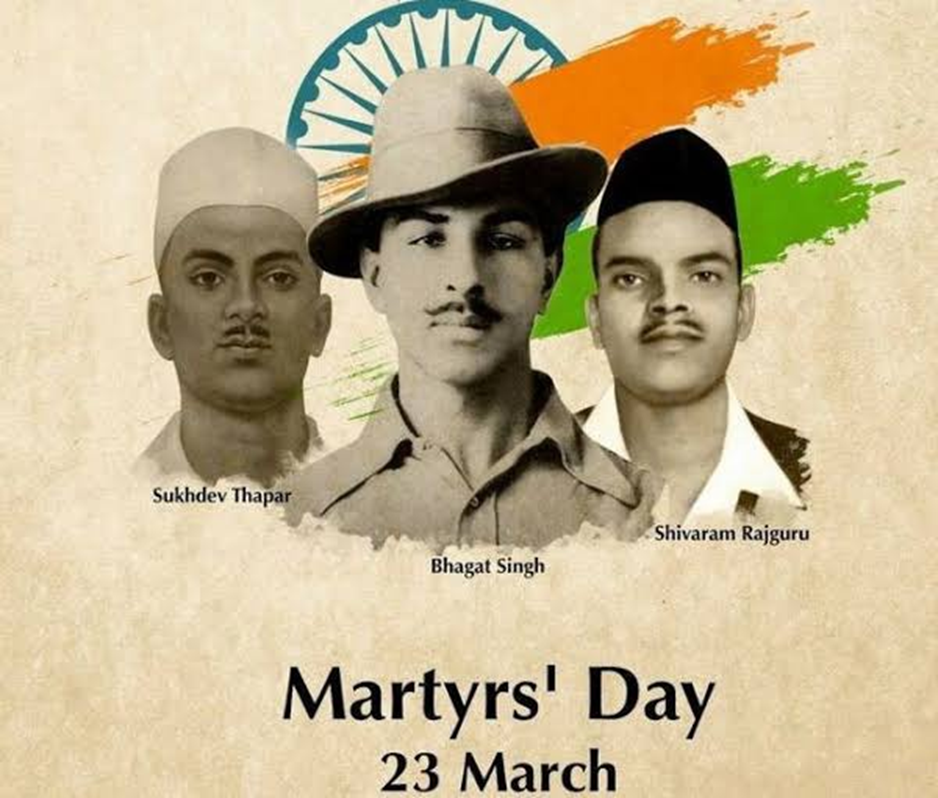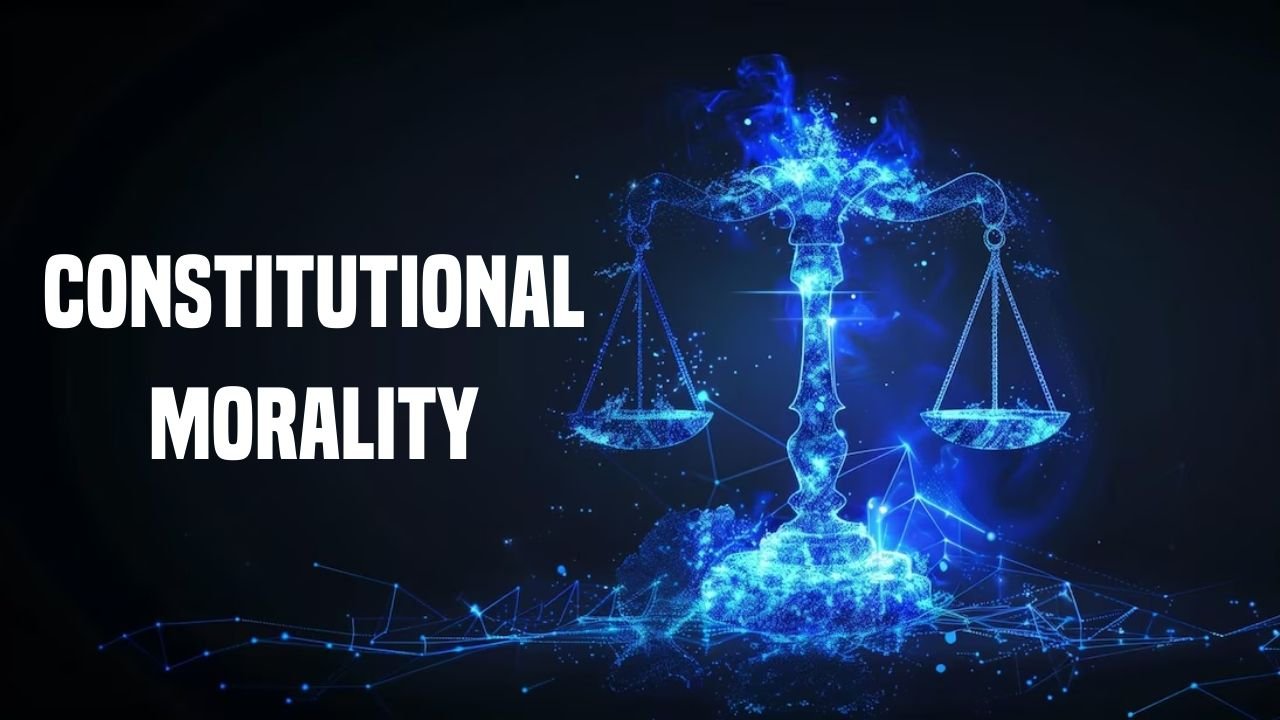Martyr’s Day or Shaheed Diwas is observed in India on March 23, remembered as the day when three brave freedom fighters, namely Bhagat Singh, Shivaram Rajguru, and Sukhdev Thapar, were hanged by the British.

About Bhagat Singh and his companions:
Bhagat Singh together with his companions Rajguru, Sukhdev, Azad, and Gopal, fought for the assassination of Lala Lajpat Rai. Bhagat Singh became a source of inspiration for the youth with his courageous exploits. He and his comrades threw bombs at the Central Legislative Assembly on April 8, 1929, shouting “Inquilab Zindabad”. And for this a case of murder was registered against him. He was hanged in Lahore Jail on March 23, 1931. Their bodies were cremated on the banks of river Sutlej.
Shaheed Bhagat Singh
| 1907 |
|
| 1923 |
|
| 1924 |
|
| 1925 |
|
| 1926 |
|
| 1927 |
|
| 1928 |
|
| 1929 |
|
| 1930 |
|
| 1931 |
|
Political Ideology
- Bhagat Singh’s concept of “azaadi” (freedom) extended beyond the expulsion of the British. He envisioned an India free from poverty, untouchability, communal strife, and all forms of discrimination and exploitation.
- He admired Kartar Singh Sarabha, the founding member of the Ghadar Party, as a hero.
- Another founding member of the Ghadar Party, Bhai Parmanand, also inspired Bhagat Singh.
- Anarchism and communism were appealing to Bhagat Singh. He was a reader of Mikhail Bakunin’s teachings and also read works by Karl Marx, Vladimir Lenin, and Leon Trotsky.
- Bhagat Singh wrote the essay “Why I am an Atheist” in 1930 while imprisoned in the Lahore Central Jail.
Gandhi’s Influence
- Initially, he supported Mahatma Gandhi and the non-cooperation movement.
- However, when Gandhi withdrew the movement in the wake of the Chauri Chaura incident, Bhagat Singh turned towards revolutionary nationalism.
Role of Sukhdev Thapar & Shivaram Rajguru
- They grew up witnessing the brutal atrocities committed by Britain’s colonial rule on India.
- These experiences created within them a strong desire to join the revolutionaries in the fight for India’s freedom.
- Resolving to free India from the shackles of British rule, they started organizing revolutionary cells in Punjab and other areas of North India.
- They also played an active role in many revolutionary activities.




